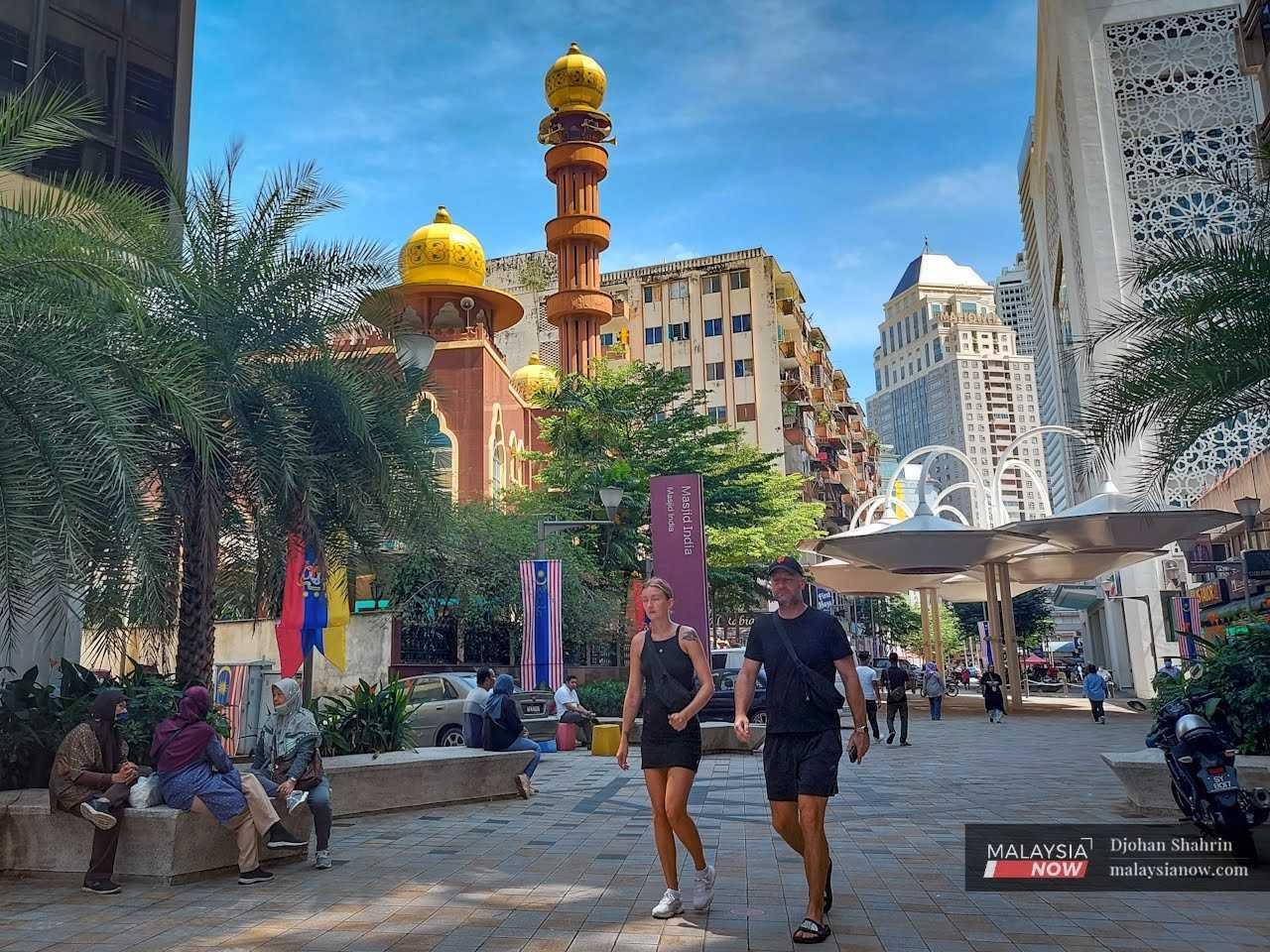Visitors are not tourists
Concrete measures are needed to promote tourism, not slogans.
Just In
In a recent report, Tourism Malaysia director-general Manoharan Periasamy is quoted as saying that the country has achieved 25% of its target of 220 million tourists in the first quarter of this year.
Other reports refer to 220 million domestic visitors, not domestic tourists.
Previously, the Department of Statistics had stated that about a third of domestic visitors were tourists and only 9% of domestic visitors said that the main purpose of their trip was holiday, leisure or relaxation.
"Visitors" cannot be replaced by "tourists", especially not when it comes to quoting numbers.
It may be acceptable if the general public cannot distinguish the two terms, but not in media reports where tourism terms are specific and cannot be used interchangeably.
Even many academics, government officials, industry leaders and educators do not know the basic terms of tourism. Regurgitating official definitions can show that they do not understand tourism data and may mislead others with inaccurate information and figures.
Those who stay away from home are considered tourists in different destinations, which could be another city, state or country, regardless of distance or whether they stay in licensed hotels, paid accommodation or with friends or relatives.
Those who went on a day trip and returned home the same day are deemed excursionists.
Again, it does not matter how far away the trip is or whether it is to another city, state or country. The term "visitor" covers both tourists and excursionists and is used when it is not necessary to distinguish between the two.
Retailers, attraction operators, plus food and beverage outlets would welcome all visitors to their town as they are all potential customers, while accommodation businesses such as licenced hotels and short-term rental accommodation (STRA) operators would focus on those staying overnight.
In 2019, Malaysia recorded 26.1 million tourist arrivals and another 8.9 million excursionist arrivals, totalling 35 million foreign visitor arrivals for the year.
There is a big difference between domestic tourism and domestic package holidays, which most tour operators and Tourism Malaysia have failed to understand over the past decades.
The total spend on domestic tourism is huge, while the sale of domestic package holidays is tiny in comparison, accounting for no more than 1% of the total spend.
In 2018 and 2019, total domestic tourism expenditure was RM92.6 billion and RM103.2 billion respectively.
Shopping, fuel, food and beverage, households visited and accommodation accounted for 86% of total expenditure and are the five major sectors in domestic tourism. The majority of domestic visitors drive their own cars, while others rely on public transport.
Over 78% of domestic visitors stated that the main purpose was to visit relatives and friends or for shopping, while only 9% stated that it was for holidays, leisure or relaxation.
The percentage of those who visited for medical treatments and wellness was similar to those who visited for sports, special events and entertainment.
Unless one has carved a niche market, tour operators would not be able to survive on domestic package holidays alone. They may sell some hotel rooms and theme park tickets, but services such as airport transfers or sightseeing tours, which are a basic requirement for domestic holidays, are rarely offered.
In 2018 and 2019, the total number of domestic visitors was 221.3 million and 239.1 million respectively.
Manoharan said the Ministry of Tourism, Arts and Culture is targeting 220 million domestic visitors and RM88 billion this year and is on track.
He urged Malaysians to spend their holidays in the country instead of travelling abroad.
As mentioned earlier, only 9% of domestic visitors travel for holidays, leisure and relaxation, and a third are tourists staying away from home, with 71% staying in free accommodation provided by relatives and friends.
There is no need to encourage Malaysians to travel within the country as most of our highways and roads are clogged with traffic, flights are full and ferries and trains are crowded during festive seasons and long weekends that coincide with public holidays.
For a relaxing holiday, there is no better place than staying at home or staying in our home country, which can include a staycation by staying in a hotel or resort to enjoy the facilities and amenities without rushing from one place to another and causing more stress.
However, for those who are looking forward to a change of scenery and want to experience different sights, sounds, tastes and smells that can only be found overseas, the best advice is to check out the local attractions.
What Tourism Malaysia should and is doing is to get more excursionists to stay as tourists and stay in paid accommodation instead of free accommodation. The aim is to promote quality tourism domestically by getting visitors to spend more money, e.g. by attending more business and cultural events.
As shopping accounts for by far the largest share of both inbound and domestic spending, promoting this sector would bring the greatest increase in domestic visitors and revenue. The most effective way to do this is to set up dedicated tourism centres in each town.
Rather than having to search long and hard for the best shops and food, any town will be popular with visitors if the facilities are under one roof with adequate parking and toilets. Concrete measures are needed to promote tourism, not claims or slogans.
The views expressed in this article are those of the author(s) and do not necessarily reflect the position of MalaysiaNow.
Subscribe to our newsletter
To be updated with all the latest news and analyses daily.
